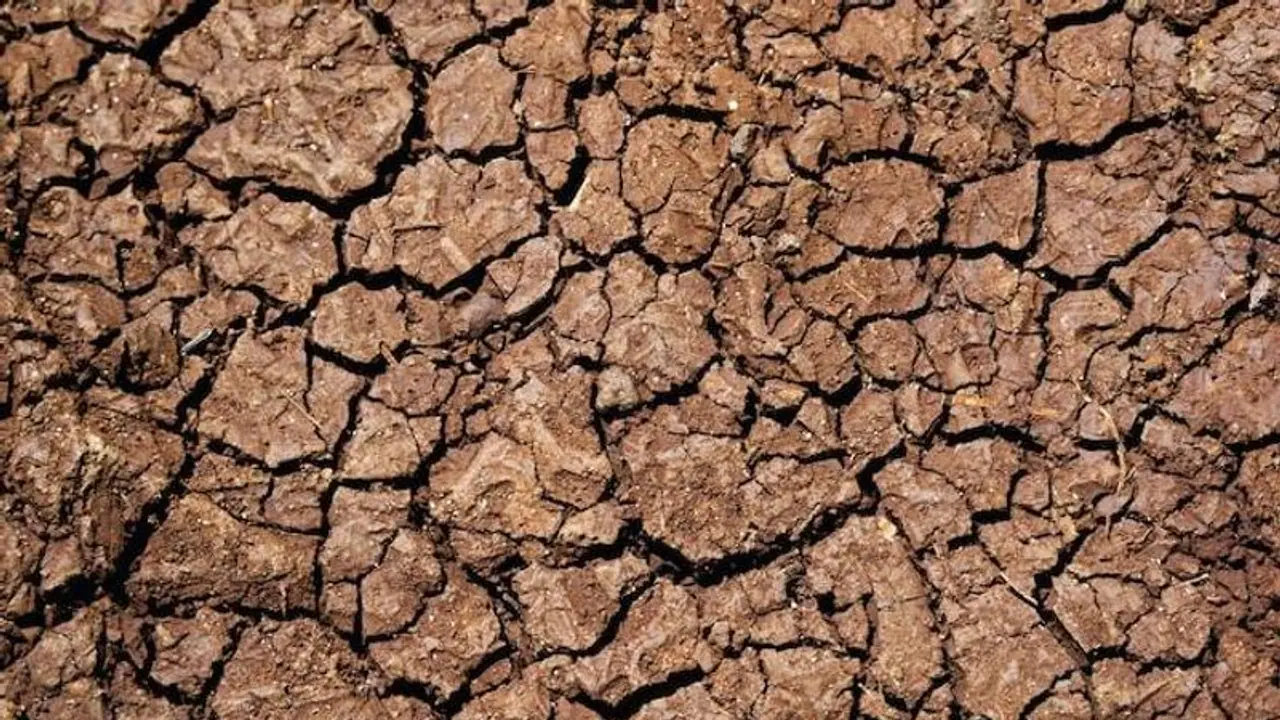Residents and businesses in the affected regions have been admonished to use water carefully and to be "extremely conscious" of the demands being placed on available supplies. With an amber extreme heat warning in effect until Tuesday, many regions of the UK are sweating in record-breaking high temperatures for the time of year and very little rainfall.
Large portions of England were formally deemed to be in a drought on Friday due to the extended heat wave, which means that inhabitants there will have limits on their ability to use water for household and commercial purposes. All of eastern England as well as portions of southwest, southern, and central England are impacted. Prior to Friday's drought status announcement, the National Drought Group—a group of top decision-makers from the Environment Agency, the government, water firms, and important representation groups—met.

"We are currently experiencing a second heatwave after what was the driest July on record for parts of the country," said UK Water Minister Steve Double. "Despite the fact that we are more prepared than ever for dry spells," he added, "we will continue to constantly monitor the situation, including repercussions on farmers and the environment, and take further measures as needed."
Residents and businesses in the affected regions have been admonished to use water carefully and to be "extremely conscious" of the demands being placed on available supplies.
Also Read | 'Back anyone but Rishi Sunak': Boris Johnson asks defeated rivals
With an amber extreme heat warning in effect until Tuesday, many regions of the UK are sweating in record-breaking high temperatures for the time of year and very little rainfall. Southern England had record high temperatures of up to 35 degrees Celsius, surpassing even the Caribbean in sweltering heat.
In addition to last month's record-breaking warmth, the current dry conditions follow the driest July on record for several regions and have drained rivers, reservoirs, and aquifers.
The UK Environment Agency reports that all geographic regions of England have seen five months in a row with above normal temperatures and below average rainfall. Soils have dried out as a result, which has an adverse effect on agriculture, water supplies, wildlife, and the danger of wildfires.
Also Read | Watch: A coin toss decides fate of the candidates in UK local body polls
Droughts were previously announced in 2018 and a more serious one in 2011. The combustion of fossil fuels, which is humanity's primary source of energy, creates carbon dioxide, which traps the heat of the sun in the atmosphere and raises temperatures, thus climate experts have warned that we may expect to see more of these extreme weather conditions in the years to come.
